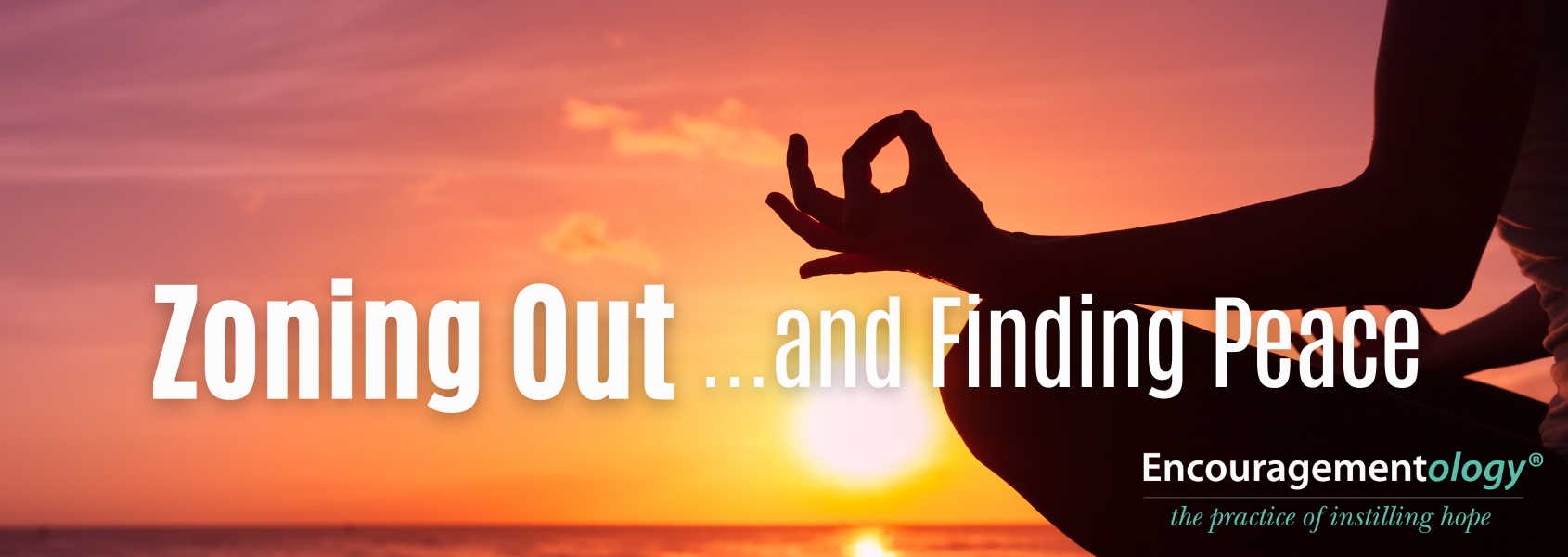SHOW NOTES:
On this show….we will be zoning out to find some peace! Unplugging from the fear zone, the hate zone, the stress, zone, and of course, the negativity zone. It’s quite alright to bury your head in the sand every once in a while and find a little zen. Everything in moderation, even moderation. I can’t imagine there is a person out there today who wouldn’t echo that enough is enough and if given the opportunity, welcome peace with open arms. Well, guess what? We don’t have to wait for the clouds to part…we can make them separate and conjure the sun. You have the power to find and adopt a peaceful attitude.
We explore the fact that everyone wants your attention, to agree with their opinions, and ultimately, their agendas. You don’t have to seek “it” out – it’s all around you finding new ways to get in your face and capture your attention.
I found some interesting research that I haven’t even considered from the Pews Research Center on Psychological Stress and Social Media Use
BY KEITH HAMPTON, LEE RAINIE, WEIXU LU, INYOUNG SHIN AND KRISTEN PURCELL
This study explores the digital-age realities of a phenomenon that is well documented: Knowledge of undesirable events in other’s lives carries a cost — the cost of caring.
In the last 30 days, how often have you:
- Been upset because of something that happened unexpectedly
- Felt that you were unable to control the important things in your life
- Felt nervous and “stressed”
- Felt confident about your ability to handle any personal problems
- Felt that things were going your way
- Found that you could not cope with all the things that you had to do
- Been able to control irritations in your life
- Felt that you were on top of things
- Been angered because of things that were outside of your control
- Felt difficulties were piling up so high that you could not overcome them
Critics fear that these technologies take over people’s lives, creating time pressures that put people at risk for the negative physical and psychological health effects that can result from stress.
Since the competition for your attention is so fierce, the media has gotten much more clever in the way they deliver a headline. Everything has a “burning building” appeal to make you click. Click bait. And because there is an endless stream of updates it’s natural to just skim the headlines to try and keep up. But at what cost?
For my Father who suffered with Parkinsons and dementia, we had to eliminate his news consumption. The headlines were so sensational that he actually felt the danger was more eminent and stayed in a state of fear. My Mother would be classified as a news junky. She religiously reads the paper, watches the news, and checks the headlines on her phone for fun. I wondered what was really going on and how having access to news 24 hours a day was doing to us.
MARKHAM HEID covered this exact topic in his article for Time. He said…A recent survey from the American Psychological Association found that, for many Americans, “news consumption has a downside.”
More than half of Americans say the news causes them stress, and many report feeling anxiety, fatigue or sleep loss as a result, the survey shows. Yet one in 10 adults checks the news every hour, and fully 20% of Americans report “constantly” monitoring their social media feeds—which often exposes them to the latest news headlines, whether they like it or not.
“Try to be aware of how [the news] changes your mood or makes your thoughts more negative,” Davey advises. If you notice a news-induced surge of pessimism, taking a breather with mood-lifting activities like listening to music, exercising or watching something that makes you laugh may all help counteract those dark vibes.
You could also pare back your news habit. “Most of us these days have news alerts set on our smartphones, and 24-hour news on continuously in the background,” he says. “That’s probably far too much.”
I’m not guilty of overconsuming but I am guilty of overthinking. It’s difficult for me to shut it off. I might be thinking about ‘to-dos’, writing the list, remembering to check the list, obsessing over what I forgot to put on the list, the schedule I have for the week, what would make the schedule more efficient,…..endless I tell you.
I sleep with a sleep machine-turned to white-noise mixed with heavy rain + two fans to drown it out. I used to sit and fixate my eyes on something and get the stares. Have you ever had those? It’s almost like you’re in a trance and you can’t look away but what you notice is that your body and mind are perfectly still. With all the gadgets I have today I’ve forgotten that trick and instead, grab a device to eat up any extra time I find myself with.
We walk through these steps on how to unplug and not think – Give Your Mind a Rest: Practice Not-Thinking – written for pyscologytoday.com
- Open your five sense doors to whatever is happening around you.
- Open the hand of thought.
- Let the world speak for itself.
Two tips for successfully practicing not-thinking
- Don’t let thoughts “stick.”
- Let go of opinions and judgments.
CHALLENGE: If you feel a media-intake overload take action and unplug, zone out, and find peace. It’s perfectly healthy to be empathetic but it’s not healthy to absorb all that you encounter. You are in control of your consumption so be responsible.
I Know YOU Can Do!

